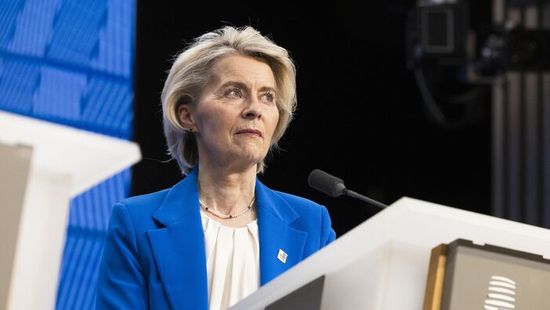Két út áll az Európai Unió előtt: az egyik a történet végét jelentené

Egyre világosabb, Orbán Viktor miért hangoztatja régóta, hogy a brüsszeli politika irányát meg kell változtatni.

Mr Orban's government’s bunker-like mentality has damaged communication with voters.
„On a recent visit to London Mr Orban was in robust mood. He blames many of the country’s economic woes on the mistrust created by past misgovernment. He wants a radical break with the cartels, sleaze and weak institutions of the post-communist era. A flat tax that started last January underlined the change, he says. He has high hopes for the economic benefits of a calmer relationship with Russia, and of investment from China. »The wind blows from the east«, he says.
At least in the short term, time and events are not on Mr Orban’s side. When Hungary hit the rocks in 2008, the outside world was quick to help with a $20 billion package, fearing contagion to other wobbly ex-communist countries. Now the picture is different. With most ex-communist members of the European Union in better shape than old members in the south, the east European label is looking meaningless. Two of Hungary’s neighbours—Slovenia and Slovakia—are in the euro. Poland is the unquestioned diplomatic and economic heavyweight. Mr Orban looks like an oddball, and his country is now a lower priority, at a time when lenders have more urgent calls on their time and money.
Perhaps his biggest problem is on the domestic front. After arriving in office with a thumping mandate, Mr Orban has frittered away time and energy on peripheral issues, such as a new media law detested by believers in free speech. His government’s bunker-like mentality has damaged communication with voters. Having loudly proclaimed independence from the outside world, concessions to pressure now look like failure. His opponents are gloating, his supporters seething.”